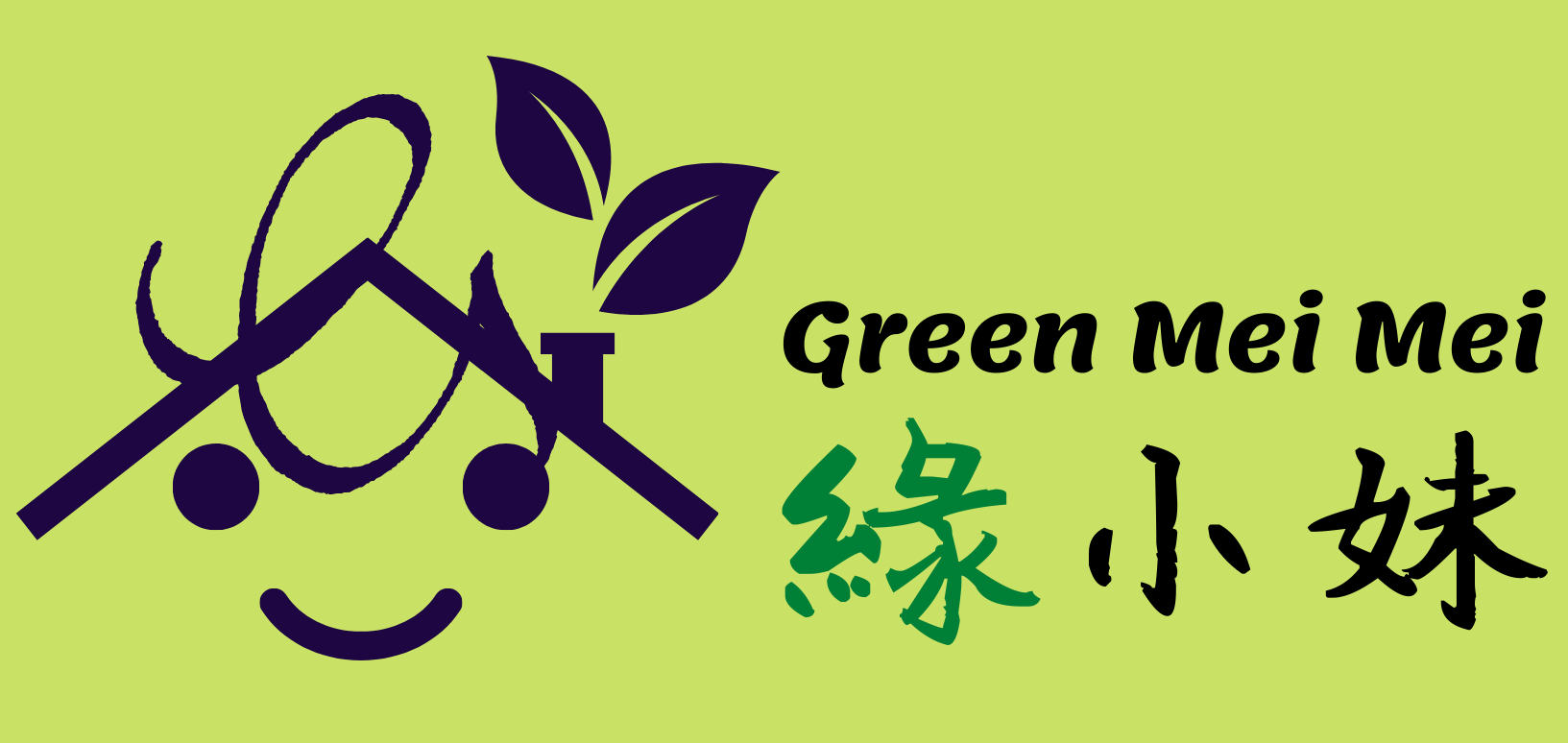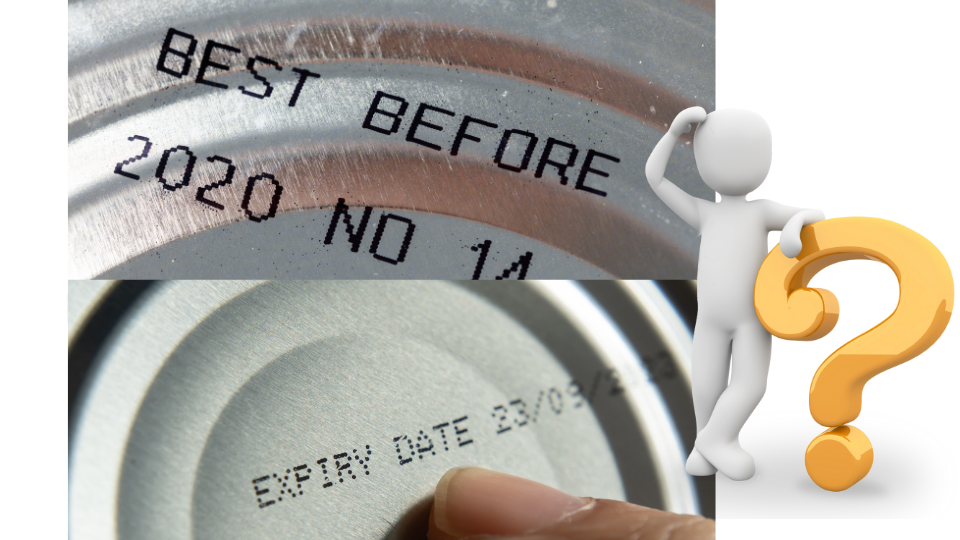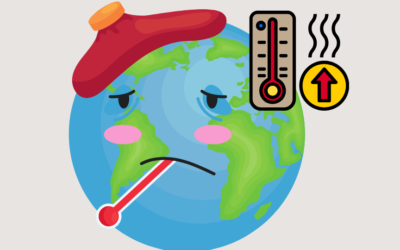When you buy food, you may notice that there is a date on the label of the food packaging such as “Best before” and “Use by/Expiration date. Does it mean that we cannot eat the food after that day?
Today, I would like to share the below contents with you:
1) What is the difference between “best before date” and “use by date”?
2) Are there any institutions that sell food past their “best before date”?
3) Interesting tips – How can we justify whether the eggs are safe to eat if there is no expiry date?
1) What is the difference between “best before date” and “use by date”?
First of all, I want to highlight “Best before date” ≠ ” Use by date”, and their differences are summarized as below:
| Best Before Date | Use by Date | |
| Definition | It is an indication of quality rather than safety. Beyond the date, the food may still be acceptable to eat though it may have lost some of its quality (i.e. flavour and texture), e.g. a loaf of plain bread after its “best before” date may still be safe to eat but may become dry and leathery. | Use by dates indicate when a product may no longer be safe to eat (because of the presence and/or excessive growth of harmful microorganisms as well as toxins produced by food poisoning microorganisms). You should not eat, cook, or freeze it after the date displayed, even if it looks or smells fine. |
| Food example | Products that do not normally need to be refrigerated or frozen, such as noodles, bread, tinned products, fruits and vegetables, rice, snacks, noodles, drinks and dehydrated food | Usually found in high-risk foods that require refrigeration, such as fish, meat products, prepared foods and dairy products and salads |
| Is it safe to eat after expiration? | Safe | Not Safe |
Note: Sell by/Display until date: usually appears next to the expiration date on the food label. They are instructions for retailers, not customers, but they cannot determine the safe date to consume the food, so don’t worry about them.
2) Are there any institutions that sell food past their “best before date”?
As mentioned above, food can still be safe to eat after the best expiry date and only its quality may be affected. However, we throw away lots of this type of food every year. For example, according to References 3 and 4, Hong Kong retailers and distributors disposed of 150 million expired food items in 2014. It is also estimated that more than 7 million tons of food and drink are thrown away every day.
This is not only wasteful but also increases the burden on landfills. Therefore, in some countries and cities, there are some institutions/supermarkets selling some food that past the “best before date”, including Germany, the United Kingdom, Denmark, and Hong Kong. Hong Kong – GreenPrice, which is based on the concept of “Reduce food Waste, Allow sandwich class trying high-quality products”.
First of all, I want to declare my interests. I did not charge any advertising fees from them. I only bought their products several times. At the same time, I agree with their company concept and believe their food is safe to eat.
From my point of view, GreenPrice does not sell many types of products, basically including skincare products, nutritional supplements, and foods (e.g. potato chips, biscuits, candy, noodles, tinned food), surprisingly, some products may not be found in general supermarkets. For example, I bought a pack of “fried pigskin” (Pig out pigless pork rinds) from Los Angeles early this month. Don’t look down on this pack of pigskin. It is a vegetarian, gluten-free and organic product, but it is only half price in GreenPrice than the market.
Anyone interested can go to their website (Reference 3) or go to their stores in Quarry Bay/Wan Chai/Central/Tseung Kwan O. I hope everyone will cherish the food and don’t waste food.
3) Interesting tips – How can we justify whether the eggs are safe to eat if there is no expiry date?
I like eating eggs while I usually buy eggs in the market. Therefore, I searched for information on this issue:
i) In Japan (Reference 5):
We can determine if eggs are safe to eat based on their yolk membrane. The egg is not safe to eat if its membrane is broken (Remarks: Now, I know why the elderly people usually check eggs under the lights before buying eggs).
The higher the temperature, the easier it is for the egg yolk membrane to break. Therefore, the “expiry date” of the egg is in accordance with the temperature. For example, it can be stored for 2 months under a temperature of 10 degrees Celsius, 1 month under 20 degrees Celsius, and 16 days under 28 degrees. Since the storage environment is different in each family, it is recommended a shorter storage period for eggs, such as two weeks.
Generally, broken eggs have a very smelly smell and are not safe to eat at this time. But if it is just after the expiration date and the yolk membrane is in good condition, heating at 70 degrees Celsius for 60 seconds will kill the salmonella and be safe to eat.
ii) In the UK (Reference 5&6):
A company called “Too Good To Go” stated that a bowl of cold water can test the freshness of eggs. If the egg has the following behavior in cold water:
– Egg sinking to the bottom and lying flat: Very fresh
– Egg sinking to the bottom but standing upright: Not too fresh but still safe to eat
– Egg floating on the water: No longer safe to eat
The last point of these two references shared some suggestions on how to store eggs properly. I think it is worth reading. If you are interested, you can visit the reference links below.
Discussion:
If you have different ways to keep food fresh or some institutions that sell “expired” food nearby your districts or in your country/city, it is welcome to share your opinion in the below comment area.
References:
Webpage:
1. HKSAR Centre for Food Safety: https://www.cfs.gov.hk/english/index.html
2. https://www.highspeedtraining.co.uk/hub/use-by-best-before-dates-difference/
4. https://www.approvedfood.co.uk/
5. https://health.udn.com/health/story/6037/5237495 (in Chinese)
6. https://topick.hket.com/article/2323030/ (in Chinese)




0 Comments